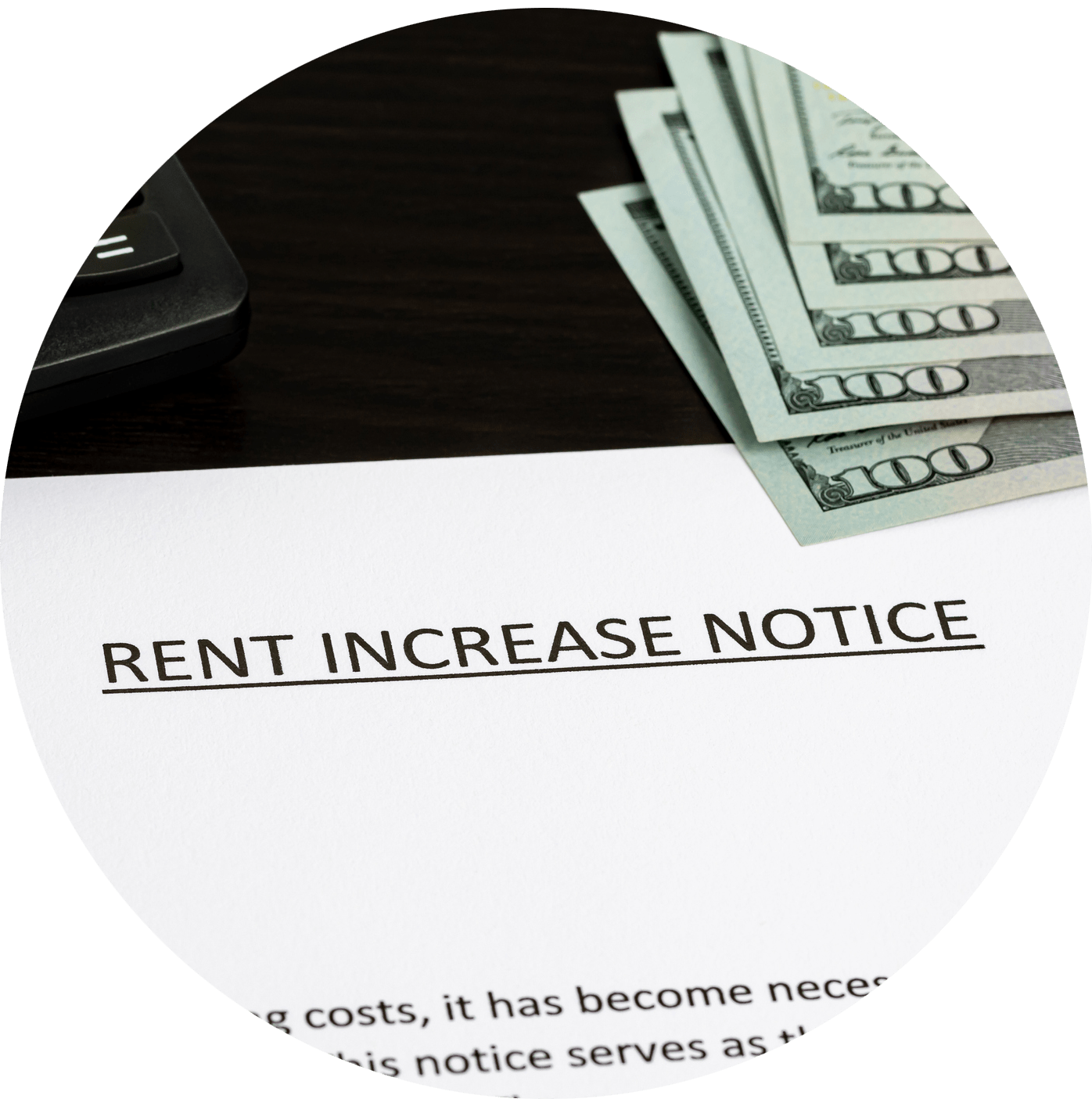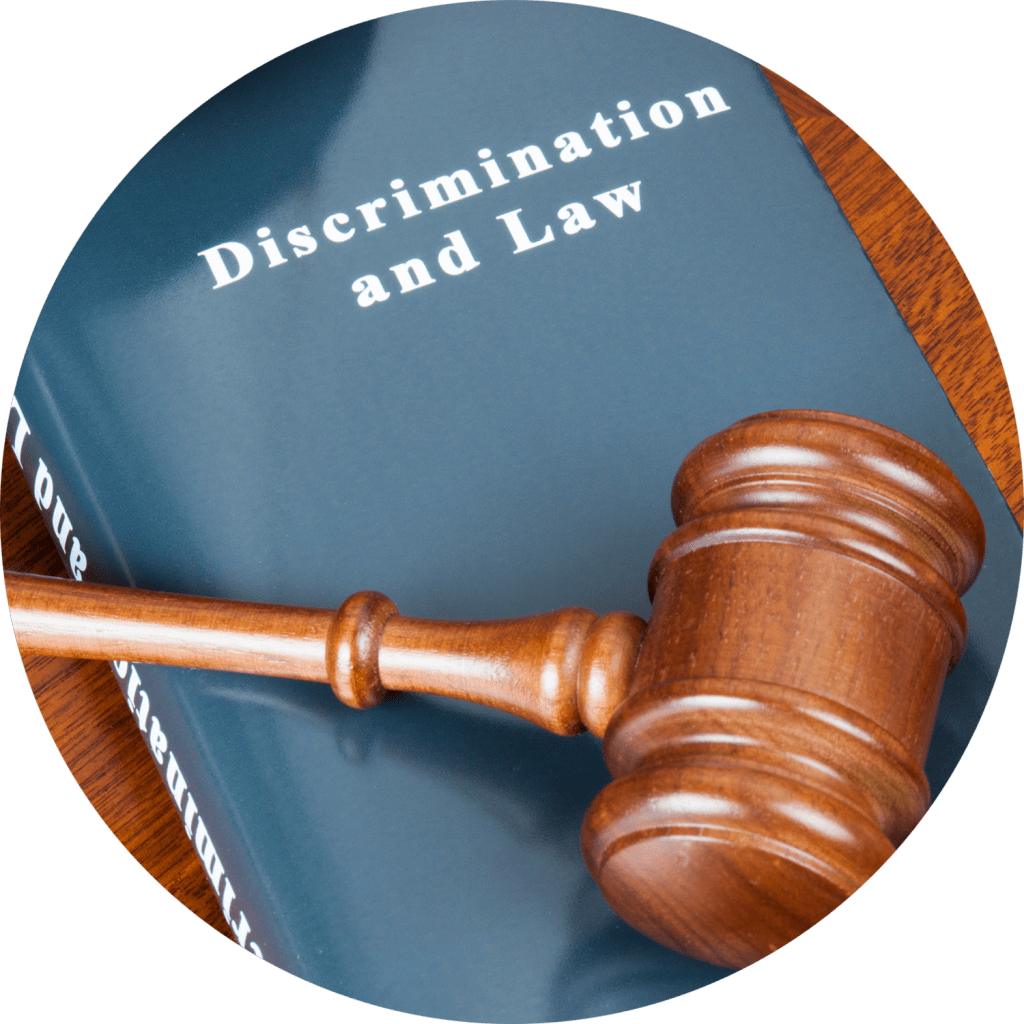Tenant Rights and Responsibilities



Evictions and receiving notice
An eviction case (also called an unlawful detainer) is when a landlord asks a judge to order you to move out. Before an eviction case can begin, a landlord must give you a written notice. The notice must state a reason for wanting to end your rental agreement, and how long you have to do what they ask or move out. Receiving a notice can be stressful. While it is important to act quickly and get legal help, the notice alone does not mean that you must move out.

Partying safely and Santa Cruz ‘party policy’
As a tenant, you are responsible for the actions of your guests. UCSC Student Health Outreach and Promotion (SHOP) offers safer party hosting tips, free Narcan, and other resources. If you plan to have a party or large gathering, inform your neighbors. Give them your name and phone number, and ask that they contact you in case an issue arises or things get noisy. Local ordinances restrict noise after 10 p.m. and excessive noise at any hour. Santa Cruz City and County have also passed Loud and Unruly Gathering ordinances. These ‘party policies’ carry fines and penalties, and a violation can result in action from the UCSC Office of Student Conduct.


Paying rent and rent increases
As a tenant, you are responsible for paying rent as outlined in your rental agreement. This should include when rent is due, how to pay rent, and any late charges or returned check fees. Your landlord must give you advance notice of any rent increase. There are also limits to how much and how often your landlord can raise your rent.

Reasonable accommodations
Landlords must grant requests for reasonable accommodations in housing for tenants with disabilities. This may include a change to a rule or policy, like modifying a pet policy to allow an assistance animal. Or it can be a structural change (known as a modification), like the installation of a ramp.


Repairs and right to livable conditions
All tenants have a legal right to a rental unit that is in a safe and habitable condition. Landlords must follow state and local building and health codes. This includes things like working smoke and carbon monoxide alarms, plumbing, and heating. As a tenant, you are responsible for taking care of the unit, and repairing any damage you have caused.

Right to privacy
As a tenant, you have a legal right to privacy and the quiet enjoyment of your rental unit. California Civil Code also restricts a landlord’s ability to enter your rental. They must give written notice at least 24 hours in advance, except in the case of an emergency.


Security deposits
Most landlords require you to pay a security deposit before moving in. If you move out owing rent or leave the rental unit damaged, your landlord can keep part or all of your deposit. Need help getting your security deposit back? The California Courts offer a security deposit demand letter generator that will create a letter citing Civil Codes.

Terms of rental agreements
You must follow the terms of your rental agreement. Terms can include things like where to park, whether pets are allowed, or when quiet hours begin. It is important to read and understand the terms of your rental agreement before signing. If anything is unclear, don’t hesitate to ask the landlord to explain it further. If you still don’t understand, review it with a legal aid organization or attorney before you sign.


Unlawful discrimination
You have a protected civil right to seek and hold housing free from unlawful discrimination. For example, if a landlord refuses to rent to you because of your race, national origin, or gender identity, that’s discrimination. If you have experienced housing discrimination, you may be able to seek legal action.
Having a landlord dispute? Need legal help?
Explore our list of campus and community legal resources designed to help student renters.